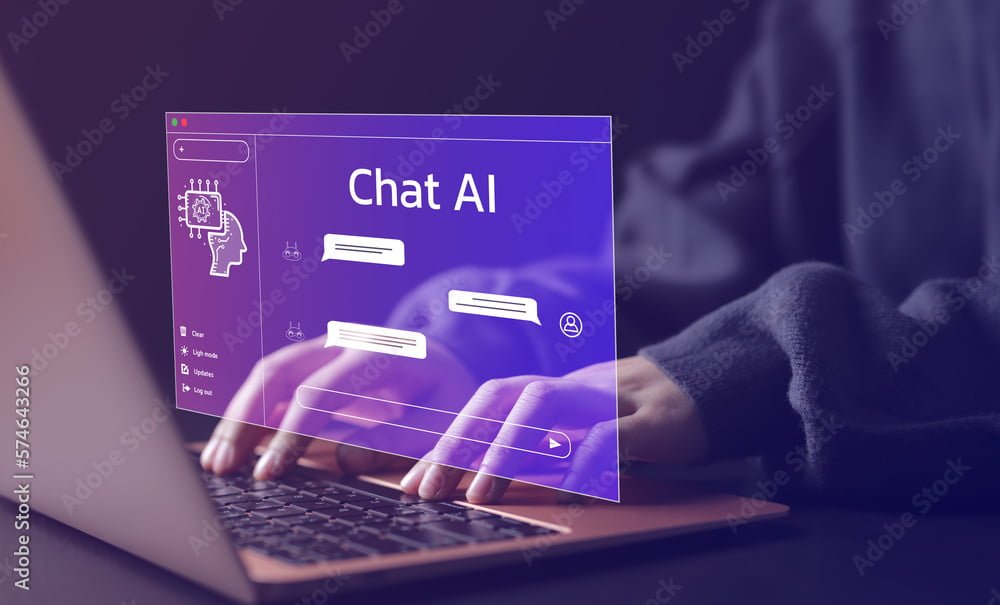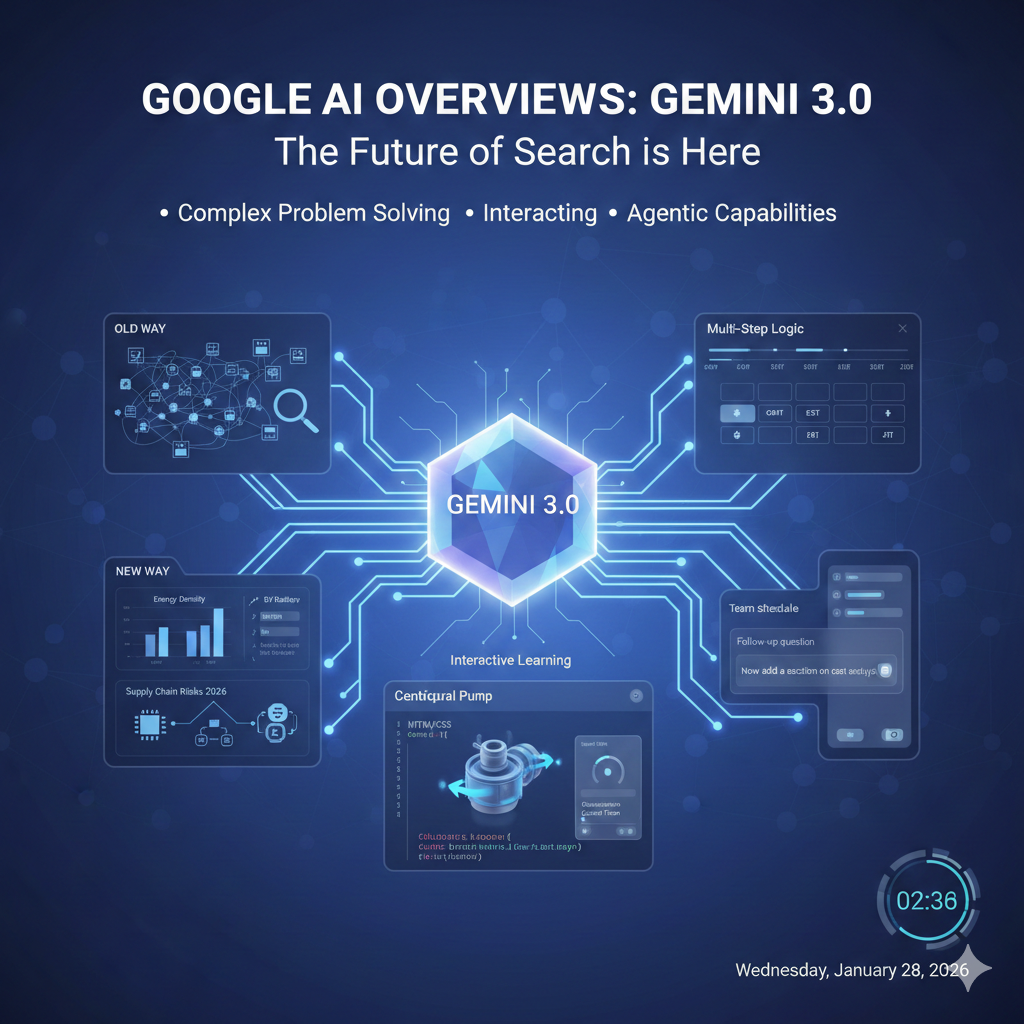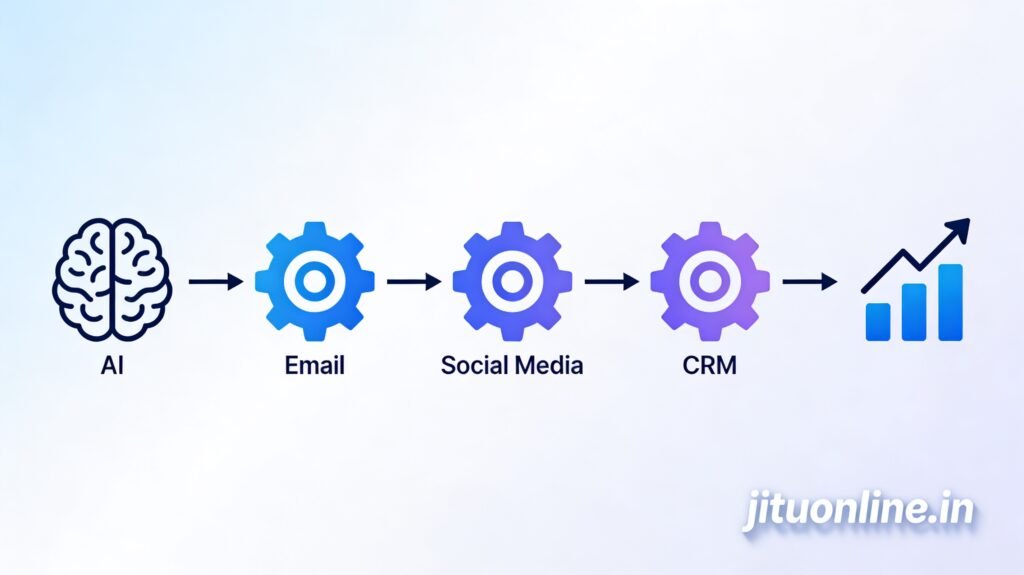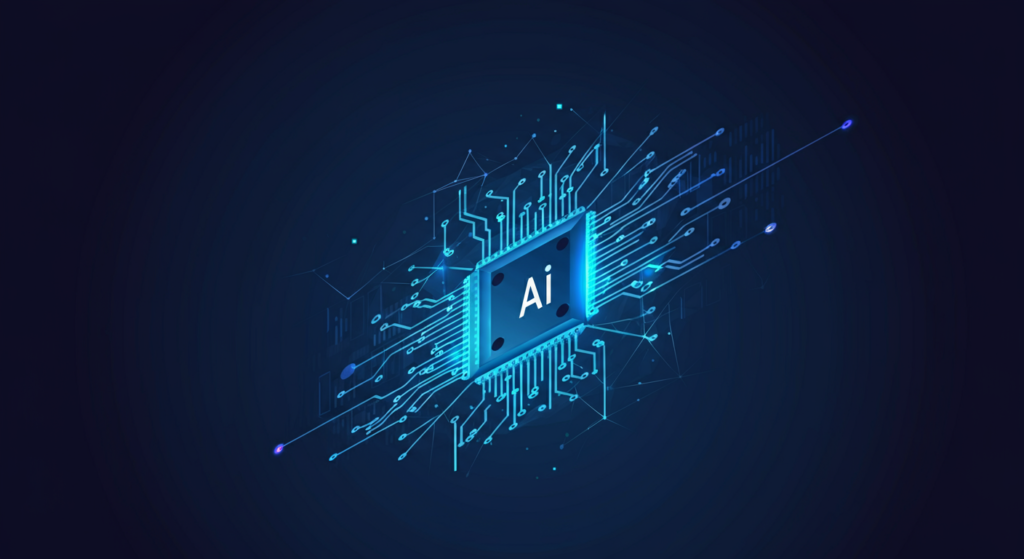Introduction:
The advent of artificial intelligence has revolutionized various industries, with chatbots being one of the most prominent applications. Chatbots are virtual assistants designed to interact with users in a natural language format, offering quick responses and solutions to queries. On the other hand, search engines have been the backbone of the internet, providing users with vast amounts of information in the form of search results. In recent years, chatbots have seen significant advancements, leading some to speculate whether they could eventually replace search engines. In this article, we will delve into the topic and explore the potential implications of such a transformation.

The Rise of Chatbots:
Chatbots have witnessed substantial growth and adoption across various sectors, ranging from customer support to personal assistants. This can be attributed to their ability to streamline interactions and provide instant responses, enhancing user experiences. Natural Language Processing (NLP) and Machine Learning (ML) technologies have played a pivotal role in making chatbots more intelligent and versatile, capable of understanding context and generating relevant responses.
Advantages of Chatbots over Search Engines:
1. Conversational Interface: Chatbots offer a conversational interface that simulates human-like interactions, making them more engaging and user-friendly than traditional search engines. Users can ask questions or seek information in a more natural language format, eliminating the need for specific keywords or complex search queries.
2. Personalization: Chatbots can personalize interactions based on user preferences and previous interactions, providing tailored responses and recommendations. This personalized approach enhances user satisfaction and ensures relevant information delivery.
3. Faster Information Retrieval: With chatbots, users can obtain information rapidly, often in real-time. Instead of navigating through numerous search results, chatbots directly present the most relevant information, saving time and effort.
4. Multitasking Capabilities: Unlike search engines, chatbots can handle multiple tasks simultaneously. They can provide answers to queries, book appointments, make reservations, and even assist with online purchases, all within a single conversation.
5. Proactive Engagement: Chatbots can initiate conversations based on user behavior, preferences, or context. This proactive engagement ensures that users receive relevant information without actively seeking it, making it a more seamless experience.
Challenges Faced by Chatbots:
While chatbots offer numerous advantages, they also face certain challenges that hinder their complete replacement of search engines:
1. Limited Data Accessibility: Chatbots heavily rely on data availability for providing accurate and relevant information. If the data sources are limited or outdated, the chatbot’s effectiveness diminishes.
2. Lack of Contextual Understanding: Although advancements have been made in NLP, chatbots may still struggle to grasp complex contexts and nuances, resulting in inaccurate or irrelevant responses.
3. Incomplete Information: Unlike search engines, chatbots are not equipped to browse the entire internet. Their knowledge is confined to predefined databases or sources, limiting the scope of information they can provide.
4. Transactional Limitations: While chatbots excel at providing quick answers, they may face challenges in handling intricate and lengthy tasks, especially those requiring multiple steps.
5. Security and Privacy Concerns: As chatbots become more personalized, there are heightened concerns about data privacy and potential misuse of user information.
The Future Outlook:
Despite the challenges, chatbots are undoubtedly on the path of transformation. As AI technology continues to evolve, chatbots will likely become more intelligent, with improved contextual understanding and access to vast knowledge databases. This could bridge the gap between their limitations and the capabilities of traditional search engines.
However, it is essential to recognize that chatbots and search engines serve different purposes and cater to distinct user needs. While chatbots are excellent for personalized and conversational interactions, search engines excel at providing diverse and comprehensive information.
Statistics:
According to a study by Grand View Research, the global chatbot market size was valued at $3.5 billion in 2020 and is projected to reach $10.5 billion by 2027, growing at a CAGR of 19.4% during the forecast period. This significant growth is indicative of the rising popularity and adoption of chatbots across industries.
A survey by Oracle found that 80% of businesses are already using or planning to use chatbots by 2022. The study highlights the widespread adoption of chatbots as businesses recognize their potential to enhance customer engagement and support services.
In a study conducted by Salesforce, it was revealed that 64% of consumers believe that companies should respond to inquiries made through chatbots in real-time. This emphasizes the growing demand for instant and efficient interactions that chatbots can provide.
According to a report by Ubisend, 35% of consumers want more companies to offer chatbots for customer service. This showcases the increasing consumer preference for chatbot interactions, especially in the context of customer support.
Conclusion:
In conclusion, while chatbots have come a long way and offer substantial advantages over traditional search engines in specific areas, it is unlikely that they will entirely replace search engines in the foreseeable future. Both technologies will continue to coexist, complementing each other and catering to different user requirements. Chatbots will enhance user experiences by providing personalized and rapid responses, while search engines will remain vital for conducting extensive research and accessing a vast array of information.
The future holds exciting possibilities for both chatbots and search engines, as AI advancements continue to reshape the way we interact with technology and the internet.
- Agentic Code: Solving Real-World Problems Across Industries - February 16, 2026
- India AI Impact Summit 2026 Advancing Inclusive AI for Global South - February 16, 2026
- Kuwait FATF Grey List: Impact, Deficiencies, and Solutions - February 16, 2026
Connect With Me Facebook page Instagram Linkedin Twitter/X: Twitter/X Email : jitu9968 at gmail dot com





